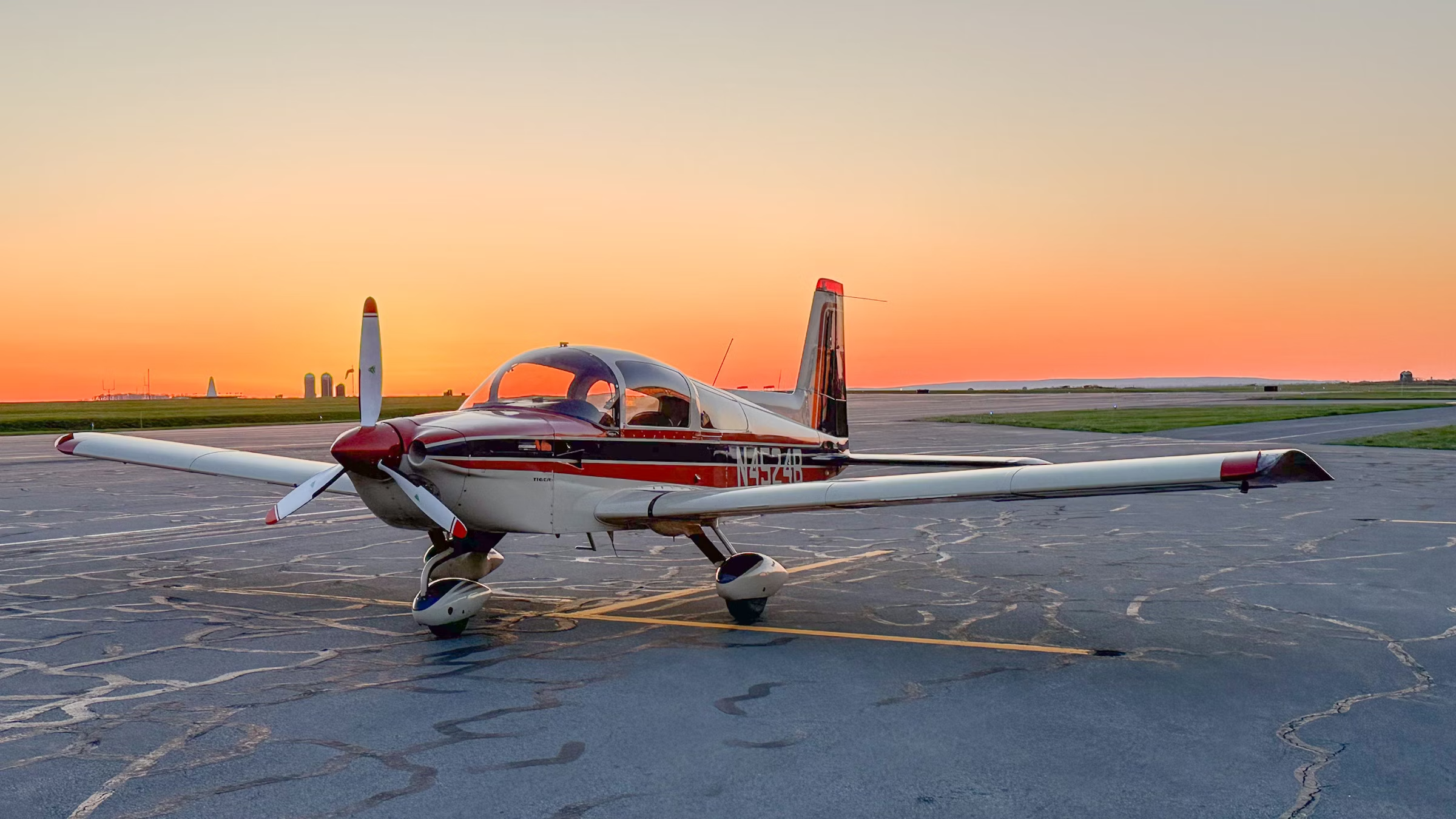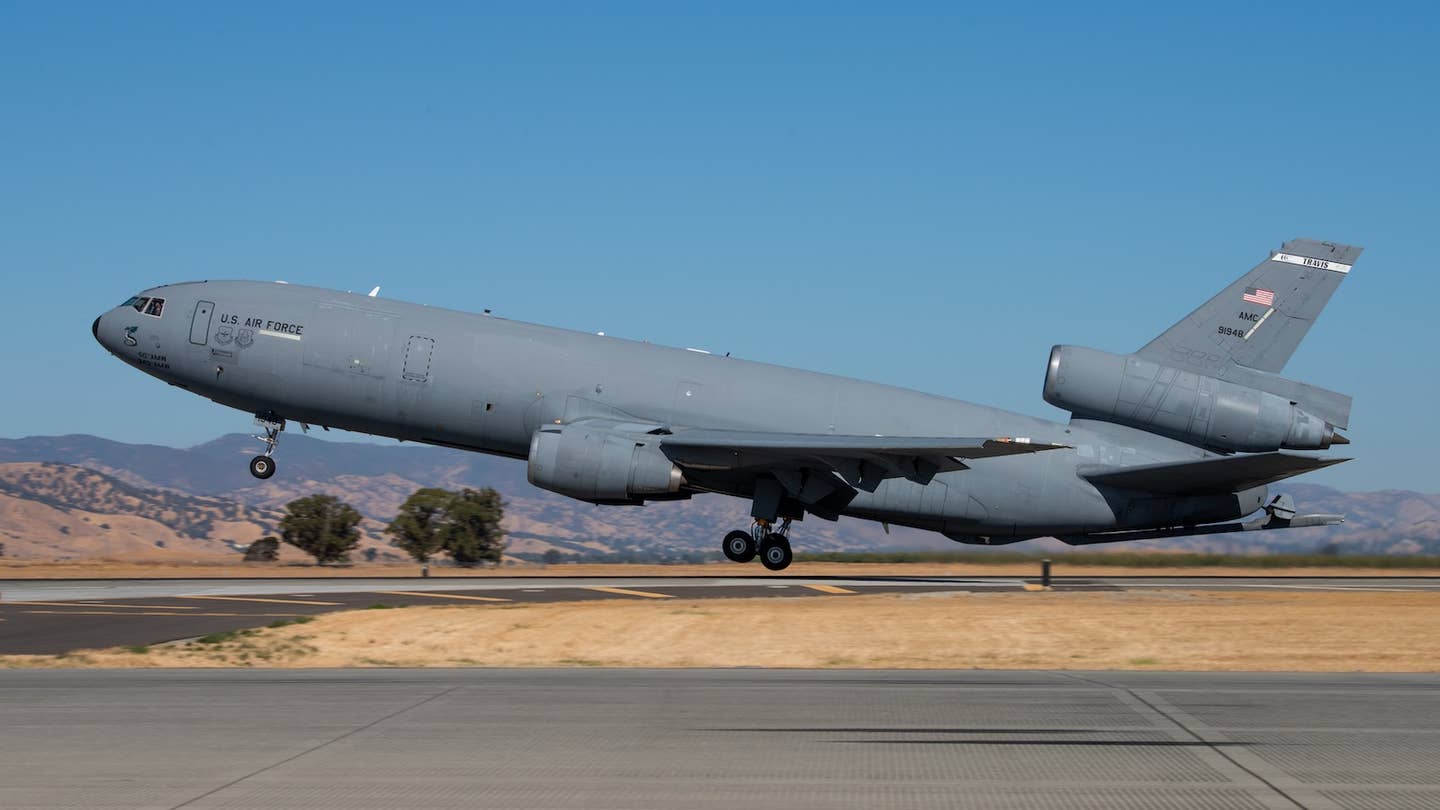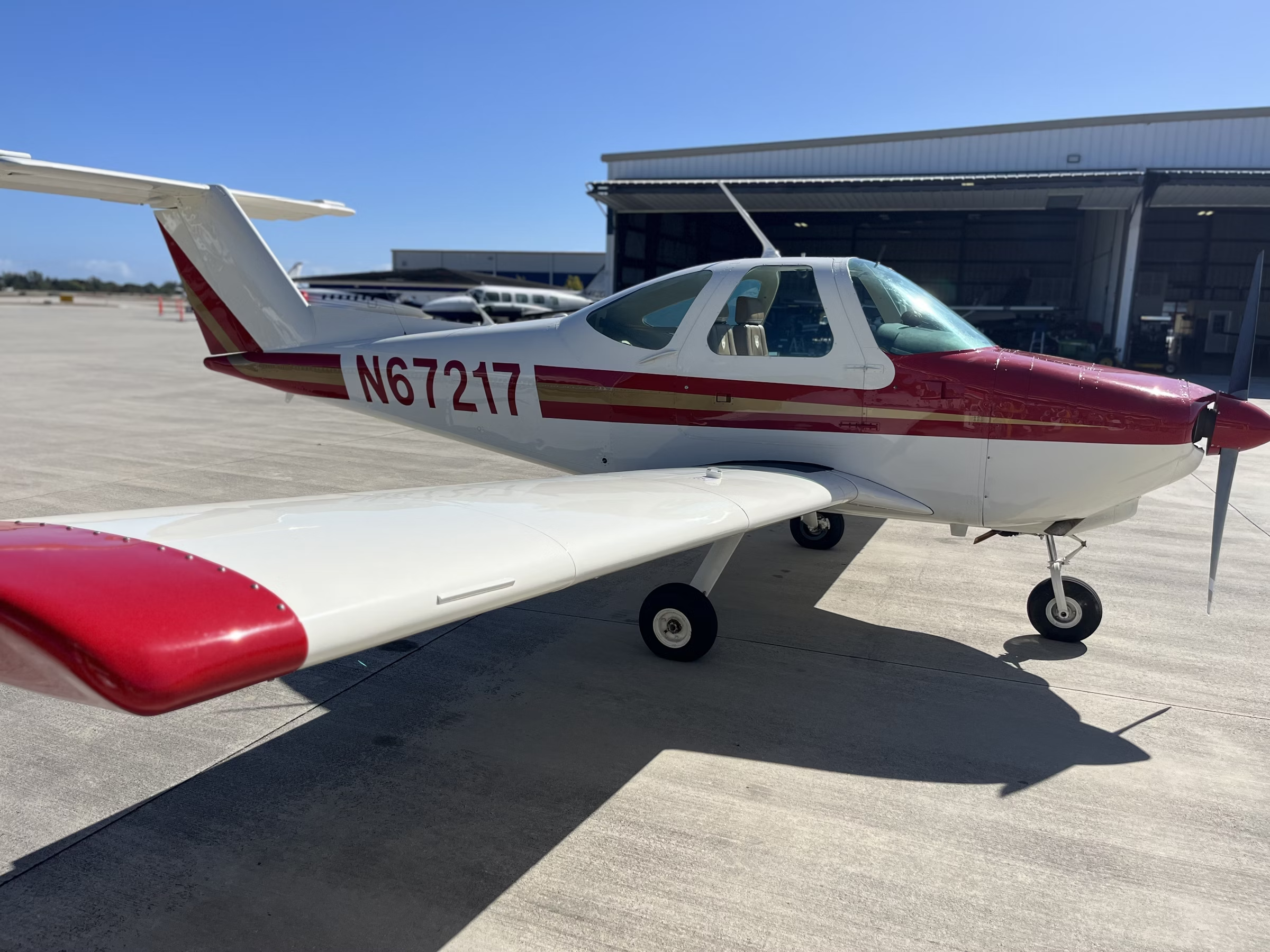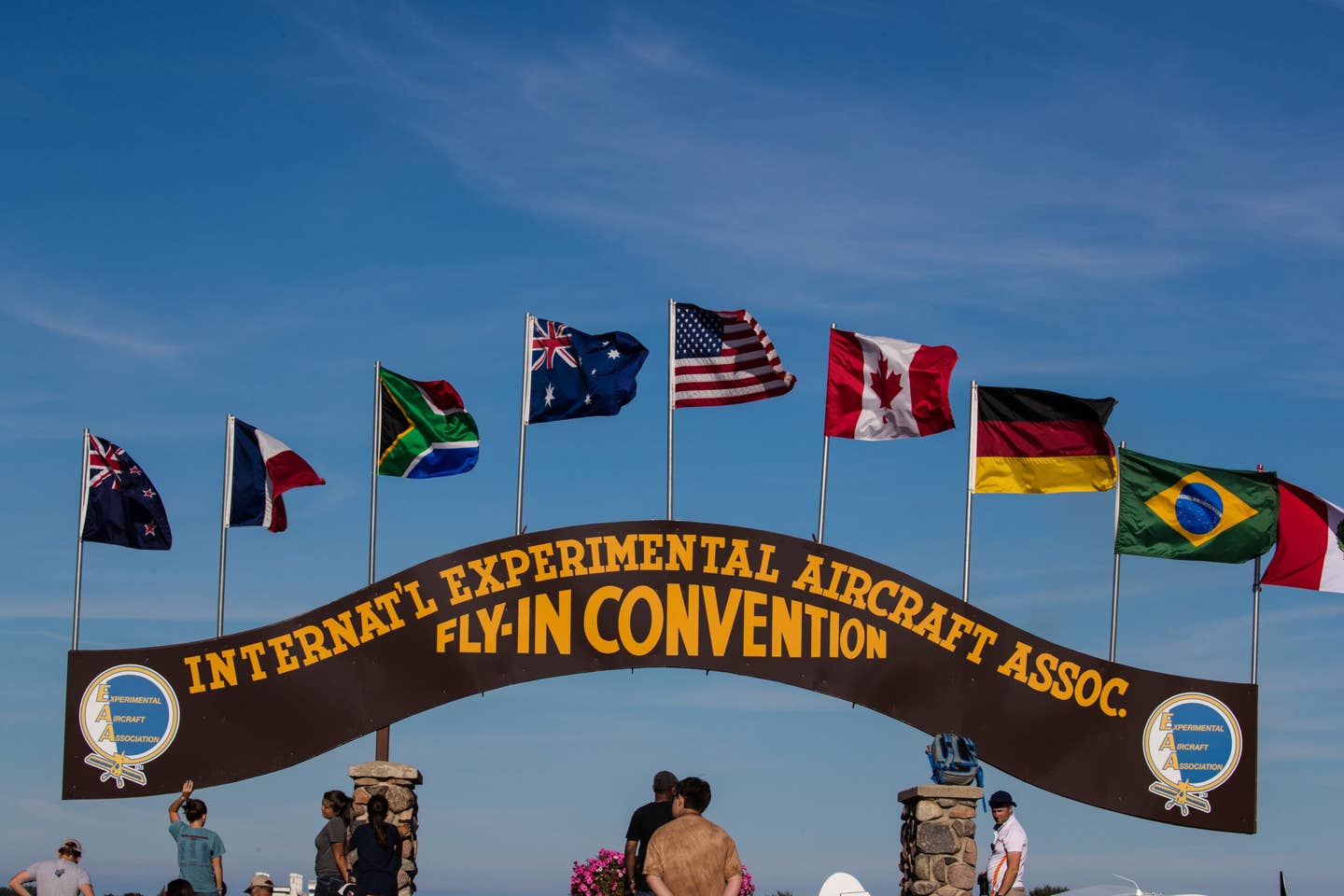Volato to Drop 5 Leased Jets, Furlough Pilots
The move comes as the CEO of the fractional aircraft operator said the company is ‘facing financial pressure.’
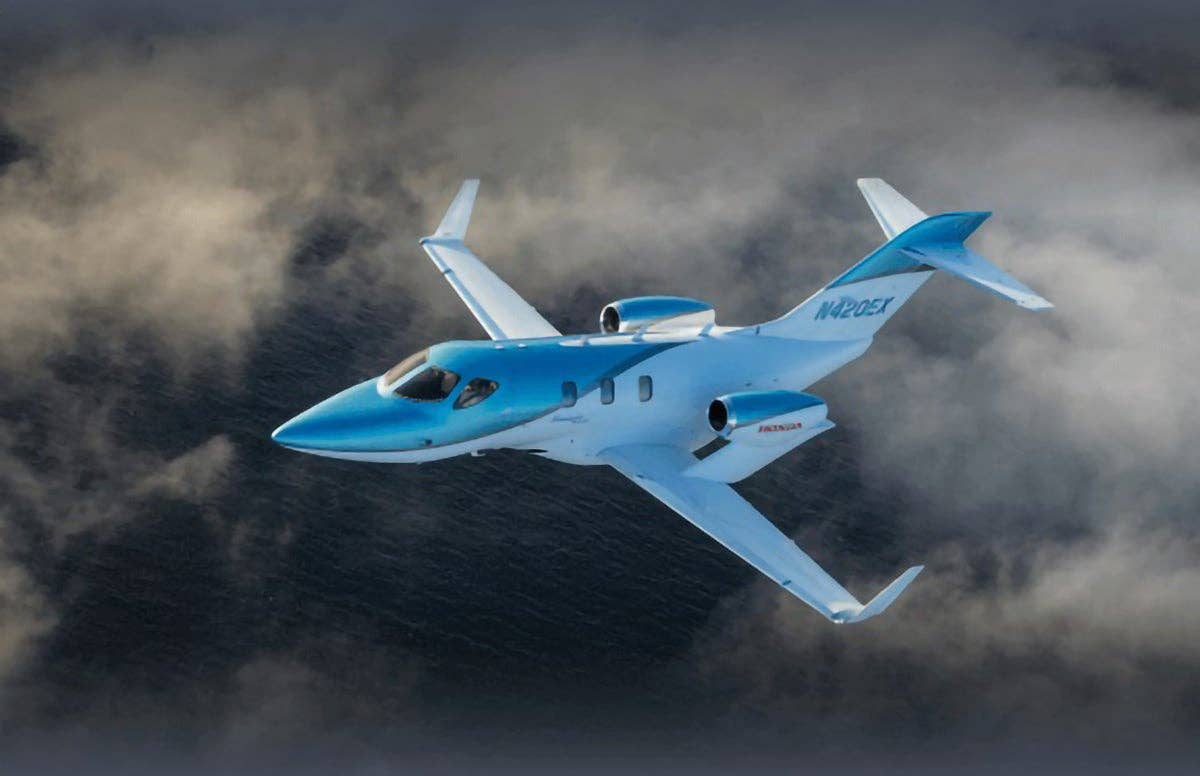
In a company letter from Volato CEO Matt Liotta obtained by FLYING, he explains his decision to ‘rightsize’ the company’s fleet and crew by removing five leased planes and furloughing some of its pilots. [Courtesy: Volato]
Volato (NYSE: SOAR) has notified employees of plans to remove five leased planes from its fleet and furlough pilots in an attempt to lessen financial pressure gripping the fractional ownership charter jet operator.
A Form 10-Q—a quarterly financial report submitted to the Securities and Exchange Commission— filed by Volato on August 14 showed the company spiraling into the red, recording a net loss of $34.3 million for the six months ending June 30. The same form stated Volato has a negative working capital of $18.2 million and an accumulated deficit of $98 million as of June 30. Net cash used in operating activities for the six months was $7.4 million.
“These above matters raise substantial doubt about the company's ability to continue as a going concern,” the form stated. “During the next [12] months, the company intends to fund its operations through a combination of issuing debt and equity as well as the sale of aircraft at a premium to cost.”
Additionally, the form stated that management believes that its current cash position will allow Volato to continue as a going concern and to fund its operations for at least one year from the date the financials were made available.
The filing also stated that on June 18 Volato received a notice from the New York Stock Exchange (NYSE) advising the company that it is not in compliance with NYSE American continued listing standards, requiring it to have stockholders’ equity of at least $2 million if it has reported losses from continuing operations and/or net losses in two of its three most recent fiscal years.
Section 1003(a)(ii) of the Company Guide also requires a company to have stockholders’ equity of at least $4 million if it has reported losses from continuing operations and/or net losses in three of its four most recent fiscal years.
Volato stated in the form that the company has submitted a plan to the NYSE American LLC on July 18, outlining actions the company will take to regain compliance by December 18, 2025.
“The notice does not affect [Volato’s] ongoing business operations or its reporting requirements with the United States Securities and Exchange Commission,” the form stated.
‘Rightsizing’
In a company letter from Volato CEO Matt Liotta obtained by FLYING, Liotta explained the decision to “rightsize” the company’s fleet and crew by removing five leased planes and furloughing some of its pilots.
“This is not a decision we take lightly, and it is the first time we have taken such a step,” Liotta stated in the letter. “However, I want to emphasize that this decision is based on our need to align with both the timing of new HondaJet deliveries, in which we have full confidence, and the pace of demand growth.”
In that statement, Liotta referenced Volato’s 2023 purchase of 25 HondaJets from Honda Aircraft company. These jets were slated to be delivered by 2025, but Liotta said delayed deliveries of the new aircraft and lower than expected sales have put financial pressure on Volato.
He also said demand for Volato’s services, while up, aren’t as high as anticipated.
“This situation requires us to make some difficult but necessary adjustments,” Liotta said.
He went on to say that Volato had been working closely with Honda to increase the availability and utilization of Volato’s fleet.
“...We've made substantial progress that allows us to fly individual planes more efficiently, meaning we can meet our flight hour needs with fewer planes,” Liotta said. “This not only strengthens our financial position but also benefits our fractional customers by delivering more revenue share to them—a true win-win.”
After attempts to renegotiate Volato’s more expensive plane leases, Liotta said that the company was unable to reach acceptable terms and decided to end those leases. By flying more hours per plane, he said the company aims to enhance its profitability and attract more interest in its fractional ownership program.
“This decision is about managing our business wisely and positioning Volato for long-term success,” Liotta said. “By rightsizing our fleet and crew now, we're setting ourselves up to navigate these challenges effectively and prepare for future growth. Thank you for your continued dedication and resilience. We will get through this together and come out stronger on the other side.”
Volato lost over $17 million last quarter and currently has $5.8 million in cash. Volato did not immediately respond to FLYING’s request for comment.
Jet It Déjà Vu
Readers may recall FLYING parent company Firecrown owner and CEO Craig Fuller’s article last summer detailing the demise of Jet It, another fractional ownership charter jet operator.
“Jet It generated revenue through several major sources— fractional-owner hourly fees; monthly maintenance fees; up-front selling of aircraft fractional positions; and off-network charter flights,” Fuller, who was also a Jet It fractional owner, wrote in the article analyzing its business model.
The flaws in this model emerged when Jet It—-contractually obligated to guarantee fractional owners aircraft availability within 72 hours advance notice—was required to go into the charter market and purchase aircraft time at the charter market’s clearing rate. Fuller stated that these rates were often five times the rate that the fractional owner was paying Jet It for the same service.
Additionally, a key driver of Jet It’s cash flow was in selling fractional aircraft positions—especially during the start of the pandemic.
“In the early days of COVID, as interest around personal aviation exploded, so did cash flow opportunities for Jet It,” Fuller wrote. “In fact, it is likely that the company relied too heavily on this source of cash to fund its operations.”
Fuller wrote that in 2021, and 2022 supply chain issues started to impact Honda Aircraft Company, and Jet It could not source as many airplanes to sell to members. This caused cash flow from new fractional sales to dry up, severely impacting Jet It’s business model.
Jet It closed down on May 24, 2023.

Sign-up for newsletters & special offers!
Get the latest FLYING stories & special offers delivered directly to your inbox

